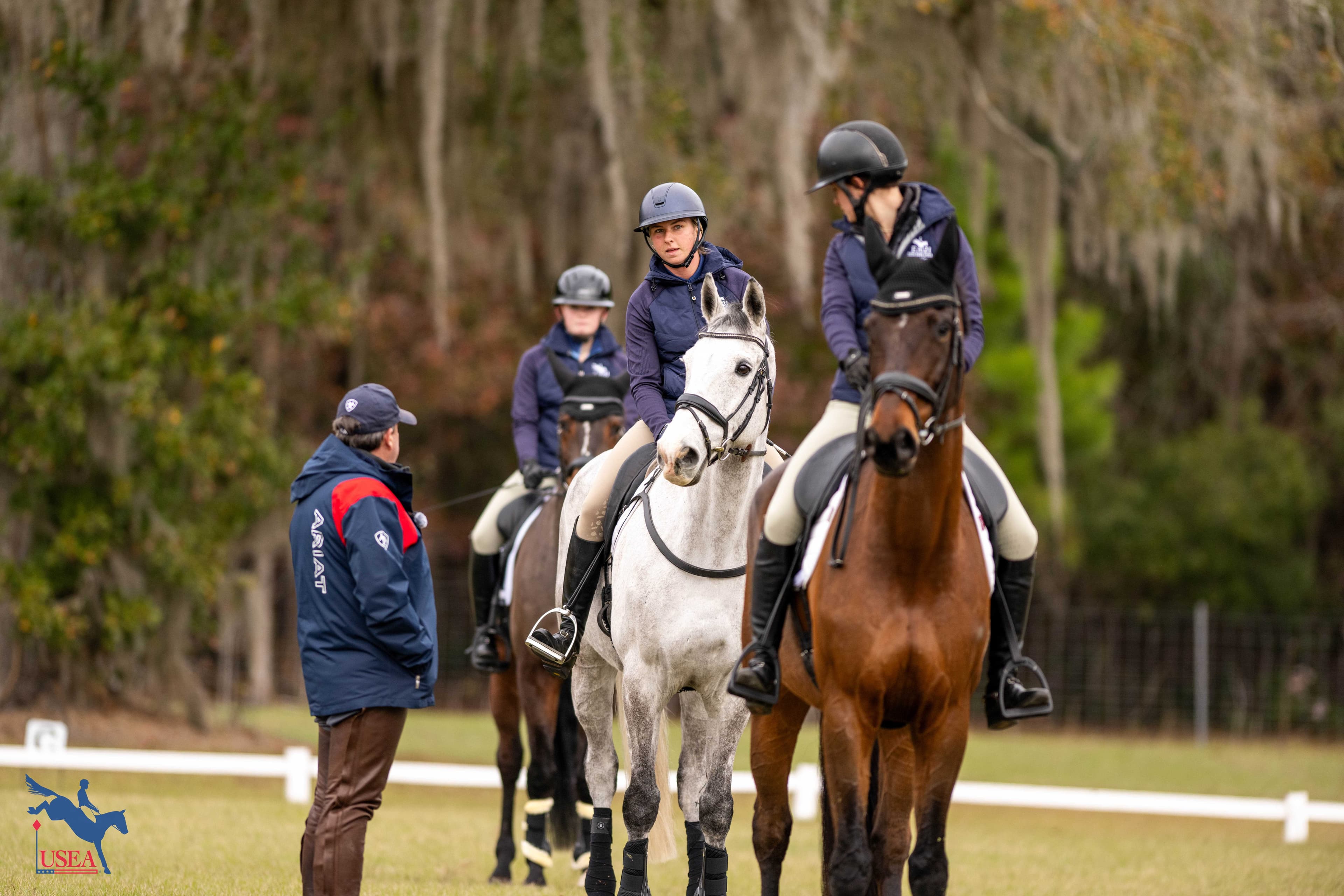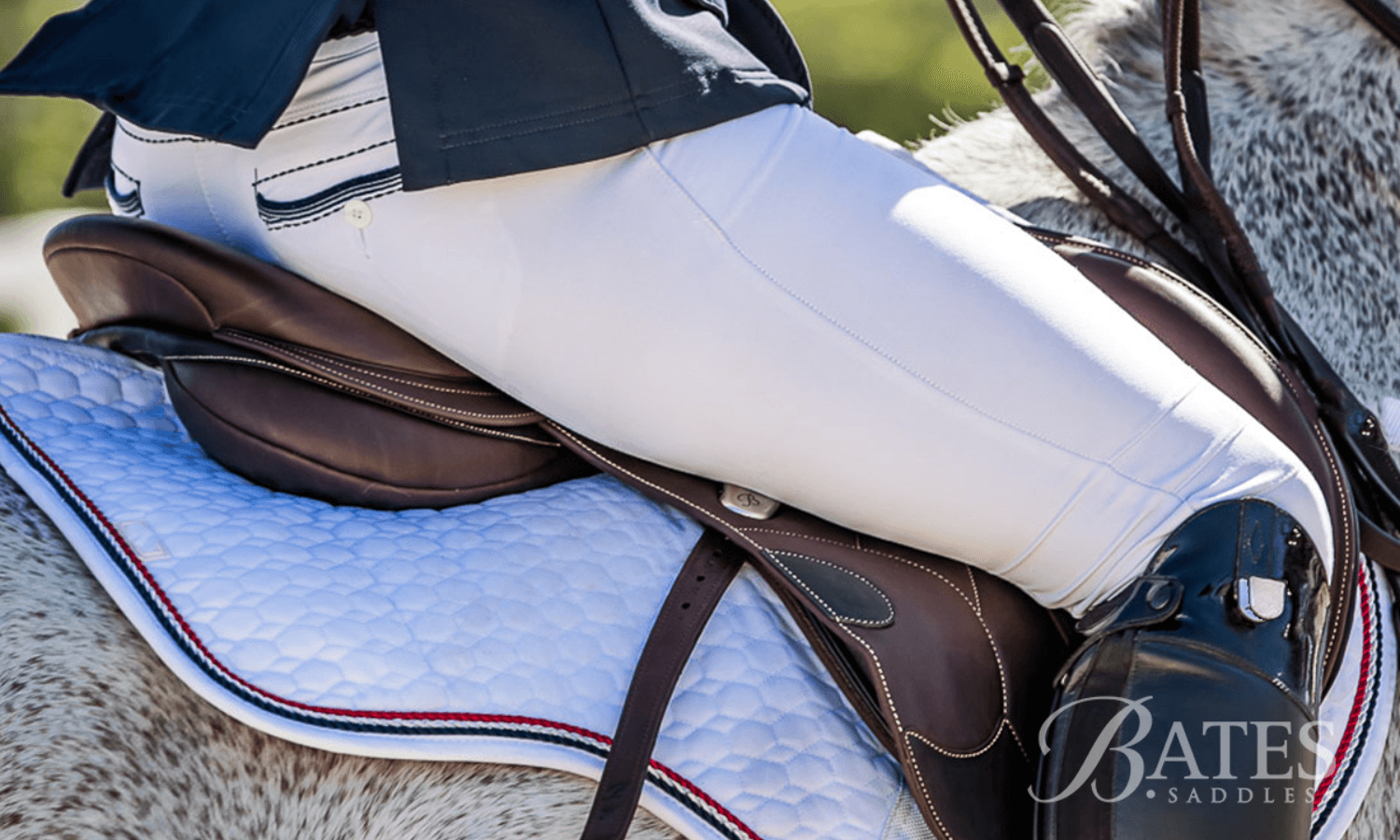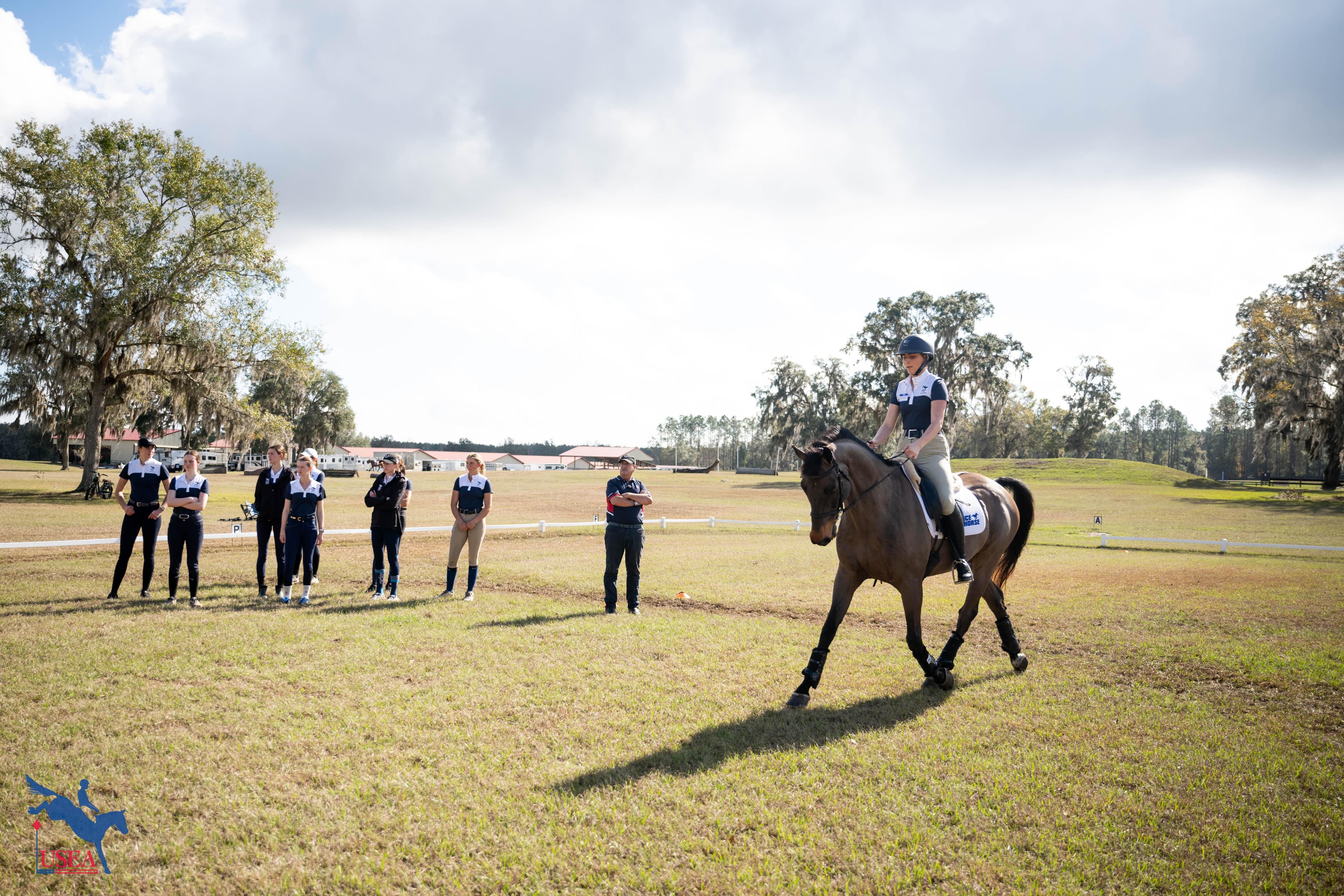Daniel Stewart's Tip of the Month: Self-Serving Bias
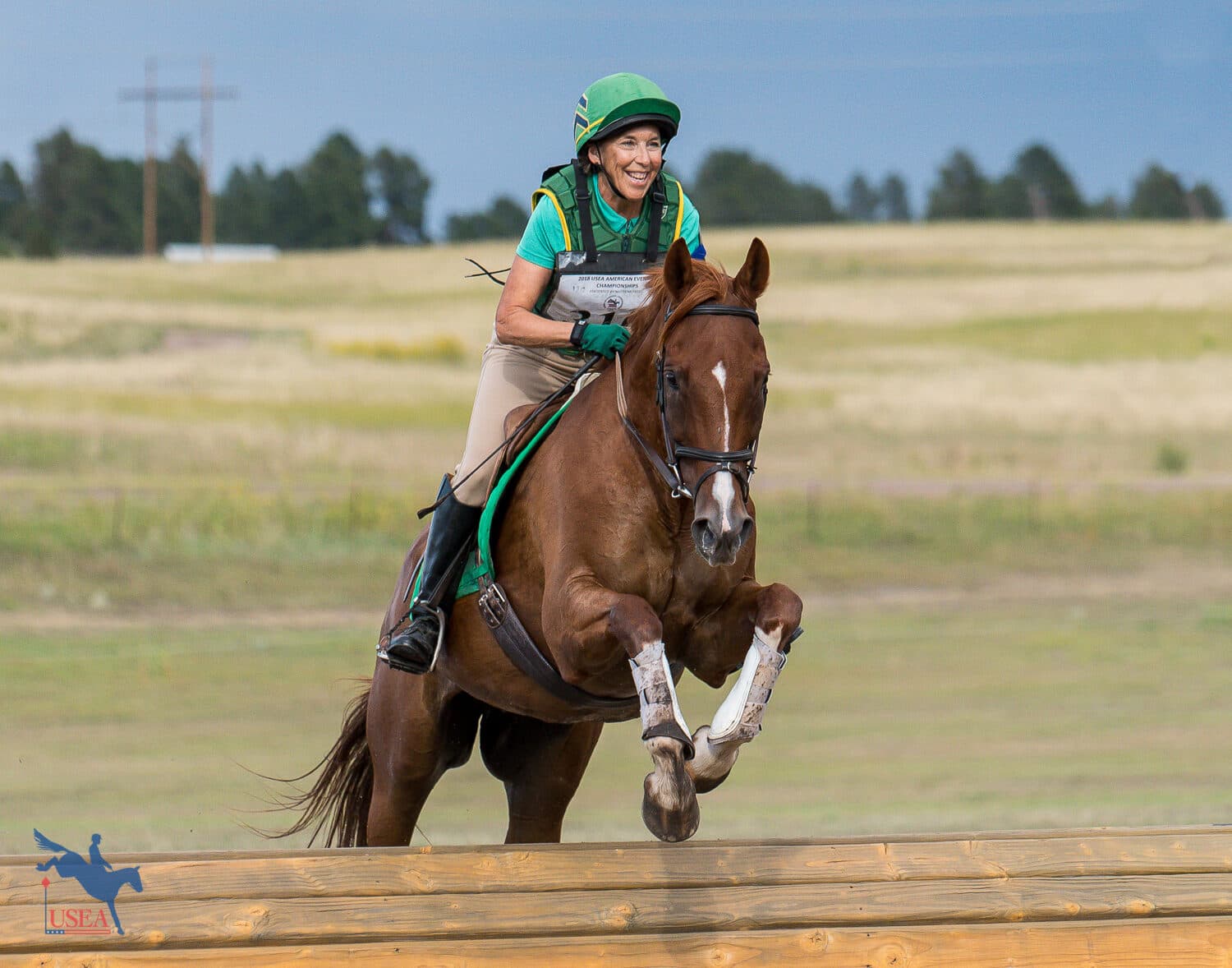
For the past several months we’ve been discussing limiting beliefs, those unintentional negative thoughts that have a tricky way of sneaking into your brain and limiting your ability to believe in yourself. There’s no limit to the number of different ways limiting beliefs can pop into your head, but one of the most common is as a blindspot bias - a negative thought that’s there - even though you don’t think it’s there (like a car hiding in your vehicle’s blindspot).
In previous monthly tips I’ve introduced you to bandwagon bias (adopting the beliefs of others even though they might not be true); telescoping bias (seeing your mistakes and failures as if looking through a telescope so they seem bigger than they actually are); bad guy bias (believing that everyone watching is saying something bad about you), and confirmation bias (unintentionally trying to prove you’re right even if it comes at the cost of getting better). This month I’m going to tell you about the fifth blindspot bias - self-serving bias.
You’ve used self-serving bias before. Remember that time in school when you received a great grade on a test? You felt pleased and satisfied and attributed your success to studying hard, paying attention in class, and always doing your homework. You proved that when you work hard, you build yourself up for success. Now, think a bit harder. Do you remember that time when you did poorly on a test, only this time you attributed it to not having enough time to study, the teacher doing a poor job teaching the subject, or test questions that were unfairly confusing?
In this example, it “served” you well to accept responsibility when things went well, but not when they went poorly. That’s is why it’s called self-serving bias - because it’s convenient to take credit for the good, but not the bad. But here’s the sad part. Every time you struggle (i.e. when you do poorly on a test) you have the opportunity to identify what caused the struggle and to learn from it. But if your self-serving bias is so strong that you can’t accept responsibility for the bad (because you unintentionally attribute it to something else) then you’ll never be able to learn from it.
Self-serving bias can also come with you to the barn or show grounds. You accept the praise when things go well (after all, you worked really hard in your lessons lately), but blame poor rides on the windy weather, bad footing, or the overly critical judge who just doesn’t “get” you. Regardless of the situation, the result is always the same - if you refuse to accept the bad you can’t learn how to make it better.
So this month, step back a bit and think about how you process the good and bad. Does it serve you well to accept the good yet blame the bad away? If so, remember that there’s nothing wrong with blaming yourself for what you’ve done right, but don’t be afraid to blame yourself for what you’ve do wrong too. You might just learn from it!
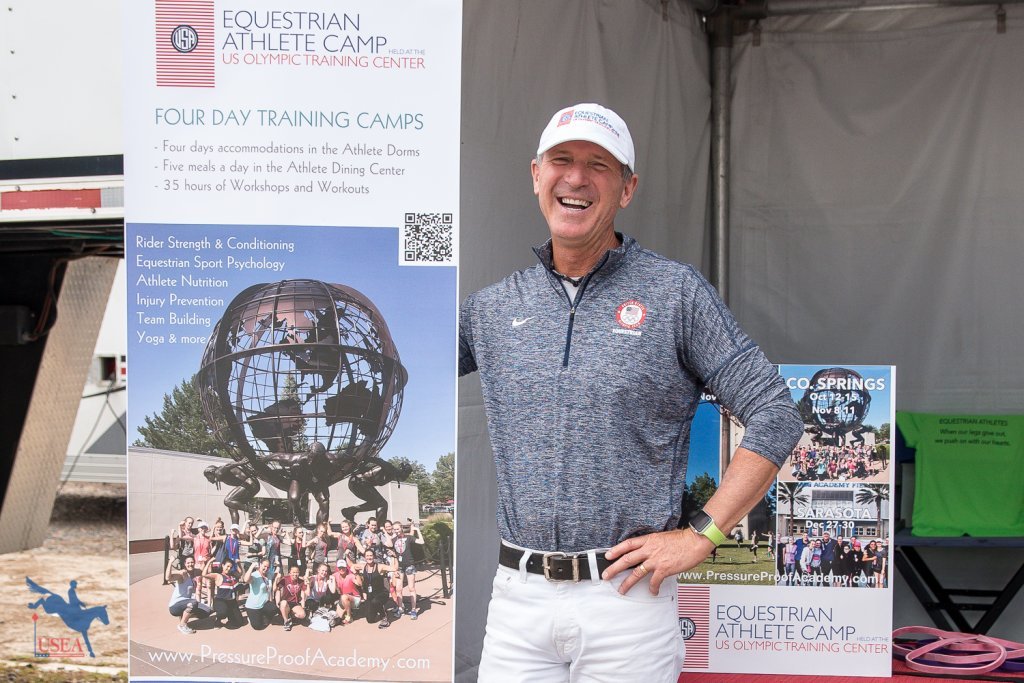
This fall, please consider joining me at one of my Equestrian Athlete Training Camp at the US Olympic Training Center in Colorado Springs or Lake Placid, or at the IMG Elite Athlete Institute in Sarasota, Florida, where we’ll spend four days discussing rider fitness, sport psychology, athlete nutrition, team-building, yoga, injury prevention/recovery, and much more. Riders of all levels and disciplines are welcome and members of the USEA receive a $255 scholarship. For more information, click here.

